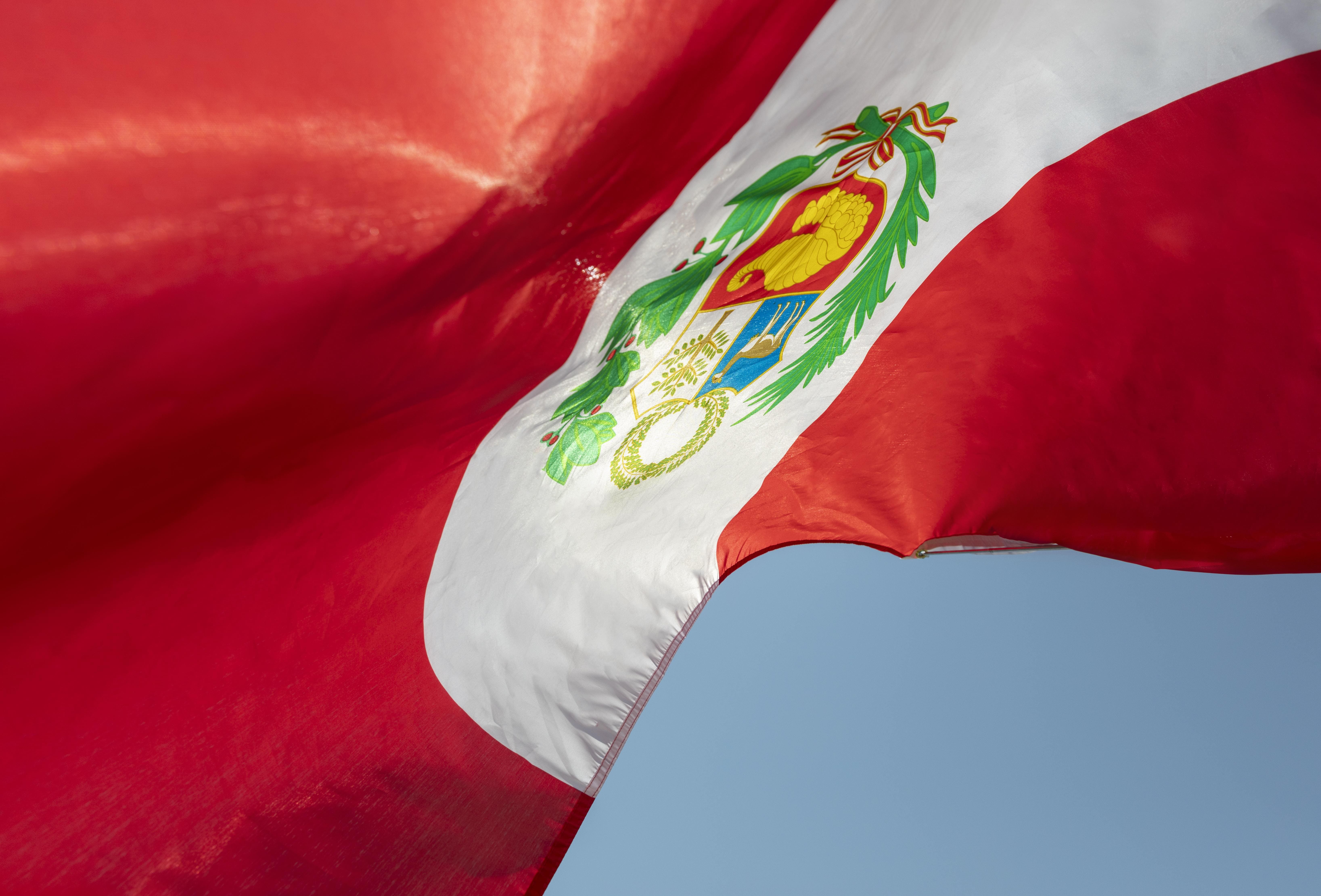In this blog we will explore the process of obtaining the EB2 NIW (Employment-Based Second Preference National Interest Waiver). If you're an accomplished professional seeking permanent residency in the United States, the EB2 NIW category offers a unique opportunity for individuals who can demonstrate exceptional ability in their field and prove their work to be in the national interest.
Contents
We will guide you through the EB2 NIW process, providing insights and practical advice to help you navigate this complex journey and increase your chances of obtaining the coveted 'E2 Visa Green Card.'

The nonimmigrant route is either through employment or investment.The immigrant route is either through family, and again, employment, or investment.
National Interest Waiver: Investment Path
1st Option: E2 Treaty Investor Visa
You may know the “non-immigrant” investment option is the treaty investor Visa —more commonly referred to as an E-2 Visa—. This Visa is by far the most efficient method of relocating to the United States. In the hands of a skilled attorney, applications for E2 visas are routinely approved at a high rate (90%+).See the E-2 Visa Requirements.
EB-5 Visa (Green Card)
The investor green card category is the EB-5 Visa. Which requires a $800,000 investment ($1,050,000 outside of certain areas) and creation of 10 full-time American jobs.
We know that $800,000 is financially out of reach for many investors. Luckily, there are less expensive routes to securing a green card. Depending on your professional background and U.S. business activity.

2nd Option: National Interest Waiver to Green Card
The second option for the immigrant route is divided into two subcategories.
- Those that require testing of the local labor market so as not to displace US workers.
- And those that do not require a local labor market test.
EB-2 Green Card
Normally, the EB-2 —either as an advanced degree professional or extraordinary ability alien— requires a local labor market test. However, an exception is carved out for aliens whose presence is in the “national interests” of the United States. Which is called the National Interest Waiver or NIW.
EB-2 National Interest Waiver
The NIW is a creature of statute. However, the courts have throughout the years fine-tuned its application to its current state today. The seminal case on the application of the NIW is Matter of Dhanasar 26 I&N Dec. 884 (AAO 2016). The Court in Dhanasar stated for an alien EB-2 application to be exempt from the local labor market test, the applicant must satisfy 3 criteria:
- The foreign national’s proposed endeavor has both substantial merit and national importance.
- That he or she is well-positioned to advance the proposed endeavor; and
- That, on balance, it would be beneficial to the United States to waive the job
- offer and labor certification requirements.

EB-2 Visa Business Examples with Strong National Interest Waiver Potential
EB-2 businesses include endeavors that promote environmentally friendly technologies (solar power, wind energy, etc.) or creating job opportunities in economically depressed areas.
The EB-2 category can also be applied to franchise opportunities such as in Healthcare or STEM education for children. Starting a healthcare-related franchise in a medically underserved area is a textbook example of promoting the national interests of the United States, as does a STEM education franchise, promoting enhanced learning of Math & Science for US children.
How Is the EB-2 Investor Positioned for Success?
The Well Positioning of the applicant (2 nd element of Dhanasar) refers to how prepared is the alien to make the endeavor a success. Factors such as business experience and education are favorable.A very important factor that weighs favorably on the eligibility for the NIW is a detailed plan of implementing the successful opening and operation of the endeavor; detailed documentation of the steps taken, and steps that remain to be done with a plan of how they will be executed.This exercise is greatly enhanced with acquiring a well-established and industry recognizable franchise, whose franchisor has established procedures to ensure that their franchisees succeed.
Most Important Factors for EB-2 Visa - National Interest Waiver
Substantial Merit and National Interests blend together with National Interests being the more important of the two. If something is of the national interest, it will automatically be substantially important. But the reverse is not always the case.
Having one’s endeavor (business investment) be deemed to promote the national interest, essentially is that the endeavor appeals broadly to and positively promotes economic, societal, or political interests. In simpler terms, does it promote, enhance, advance, or progress the U.S. in any significant way.

Hundreds of EB-2 Visa Eligible Businesses
Our sister company, Vetted Biz, lists hundreds of franchises in the health care and education sector, and we invite you to visit our sister website to view the range of opportunities available.
The On-Balance exercise (3rd element of Dhanasar) to waive the labor market test is akin to substantial merit, i.e., if the endeavor strongly promotes the National Interest of the US, the “balance” will tip positively in favor of the applicant.
Although the National Interest Waiver route and the E-2 route are different pathway for residing in the U.S., immigrant and nonimmigrant respectively, they can both be implemented through buying a franchise.
Benefits of the EB-2 National Interest Waiver
Both the E-2 and EB-2 NIW (National Interest Waiver) visas can be approved with far less capital than the EB-5 Visa ($800,000).
The E-2 Visa proves to be an important bridge for entrepreneurs moving to the U.S. while the EB-2 can provide the permanent green card solution for select E-2 Visa investors.
We are experts at assisting investors in making the right choice for their budget and business interests. We work in parallel with some of the leading U.S. immigration attorneys to make the investors American Dream a reality.

Reach out to us today to see if you are eligible to be a Visa Franchise client.
Visit our E2 Visa page for more detailed information or read about the vast array of businesses that can qualify as a treaty enterprise.
We would like to thank immigration attorney, Pardeep Singh, for his contributions and legal insights on the different Visa options for entrepreneurs for this blog post. Pardeep can be contacted at info@psc-lawyers.com or via Linkedin.

Discover if you qualify to invest in a thriving U.S. franchise and secure your E-2 visa.
Check your eligibility
More Insights You Might Like
Explore related articles packed with expert advice, real stories, and practical tips to support your U.S. visa and relocation journey.





